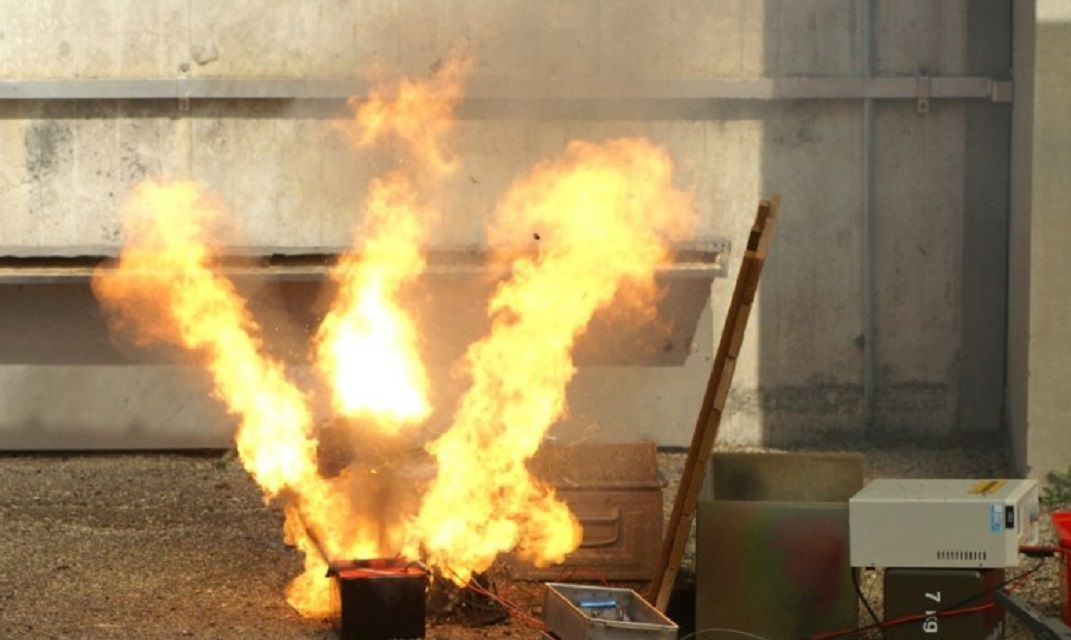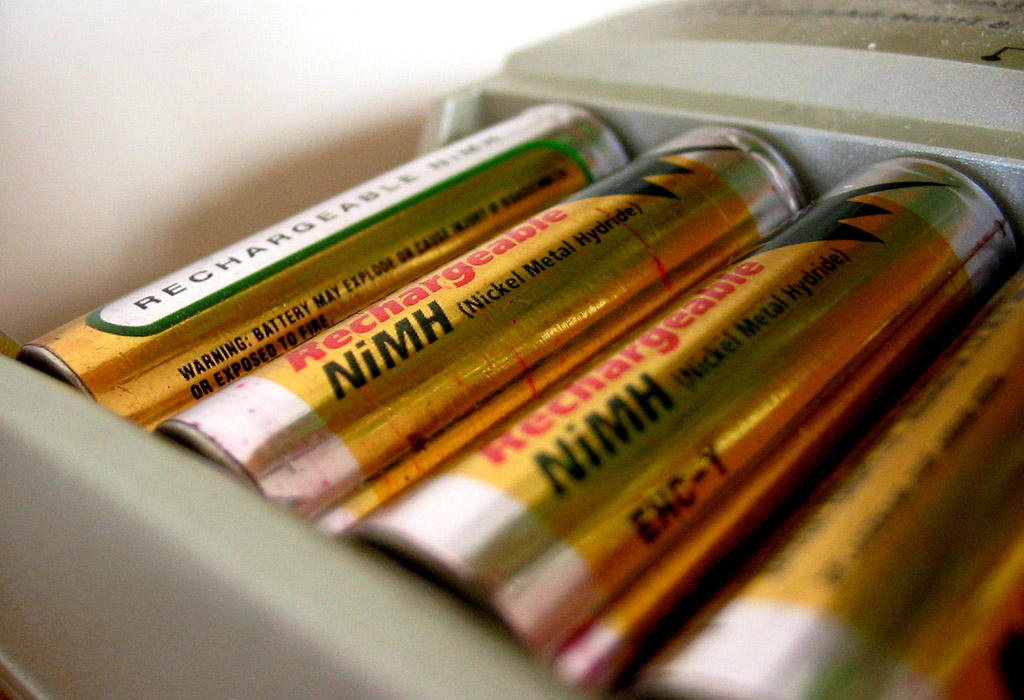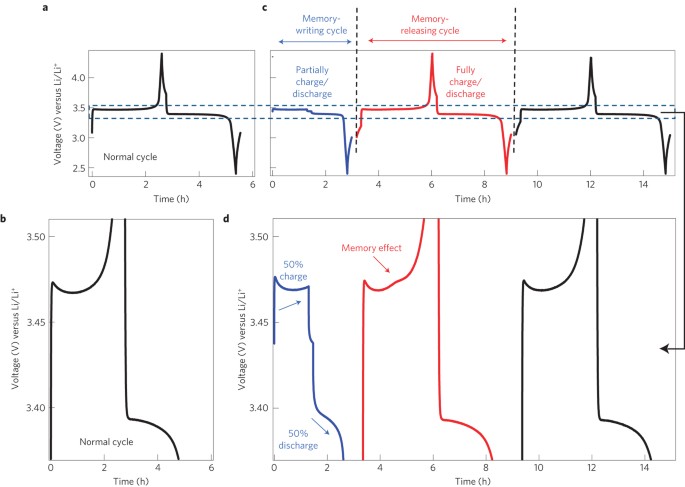- Joined
- Jun 22, 2021
- Messages
- 68 (0.05/day)
| System Name | Samsung Galaxy Book3 Pro 14 |
|---|---|
| Processor | i7 1360P |
| Motherboard | - |
| Cooling | Dual Fan Cooling System |
| Memory | 16 GB 6000MHZ DDR5 |
| Video Card(s) | Intel Iris Xe G7 96EUs |
| Storage | 512 GB NVMe SSD |
| Display(s) | 1800p display 120HZ |
| Case | - |
| Audio Device(s) | Quad Speakers (2x 5W Woofers, 2x 2W Tweeters) |
| Power Supply | 65 watt |
| Mouse | Hp omen gaming mouse |
| Keyboard | - |
| VR HMD | - |
| Software | Windows 11 |
| Benchmark Scores | Geekbench 6 : single core: 2252 multicore : 10456 compute(OpenCL):16734 compute(Vulcan):21841 |
my s8+ is rooted and its bootloader is unlocked can this be the problem?, its really frustrating for my phone to just turn of when its charge is about 30% can someone please help?
when i connect the charger it shows the battery is at 0% charge
when i connect the charger it shows the battery is at 0% charge










